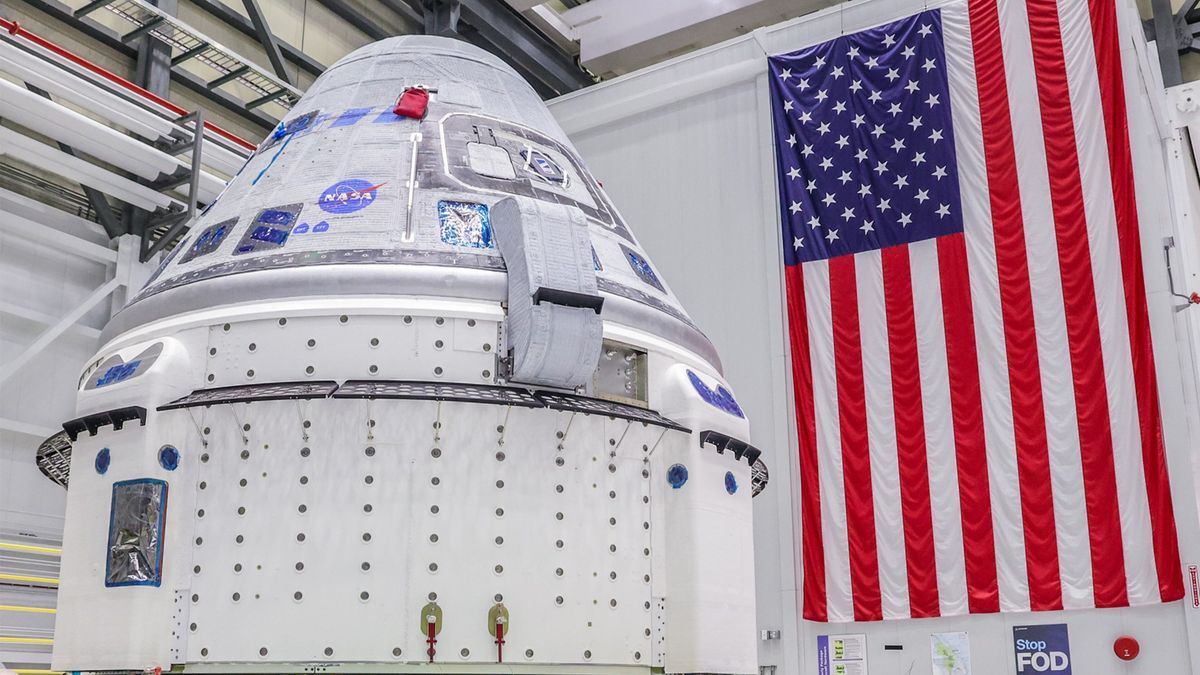The Expanding Reach of the United States’ Moon Exploration Coalition
Currently, there are now 40 nations actively participating in the United States’ moon-exploration coalition, a testament to the growing interest and commitment to space exploration on a global scale. Most recently, Lithuania joined this esteemed group by signing NASA’s Artemis Accords during a ceremony held in Vilnius.
NASA Administrator Bill Nelson warmly welcomed Lithuania into the Artemis Accords family, emphasizing the strong partnership shared between nations in the pursuit of space exploration. He highlighted the significance of this milestone, stating, “Our nations are strong partners — and now we expand this partnership to the cosmos.” With 40 countries now signatories to the Artemis Accords, a clear message of unity and collaboration in the cosmos is evident.
The Artemis Accords: A Framework for Responsible Exploration
As Nelson underscored, the Artemis Accords serve as a comprehensive framework for sustainable and responsible exploration of space destinations, notably the moon. With NASA directing its focus towards Earth’s closest celestial neighbor, the agency aims to establish a permanent human presence on and around the moon by the end of the decade through its ambitious Artemis program.
The initial mission, Artemis 1, marked a significant milestone as an uncrewed Orion capsule successfully orbited the moon and returned to Earth in late 2022. However, sustained crewed exploration necessitates significant resources and cooperation among industry, academia, and international governments, as emphasized by NASA officials.
A Global Effort Towards Exploration
Undoubtedly, collaboration is key in the realm of space exploration, as evidenced by the diverse range of nations that have signed the Artemis Accords. Major players in space exploration, including France, Germany, India, Israel, Japan, South Korea, the United Kingdom, and the United States, are among the signatories, highlighting the broad international support for lunar exploration.
China, with its ambitious plans for establishing a crewed outpost known as the International Lunar Research Station in the 2030s, is also actively engaging international partners in its endeavors. Noteworthy partners in this effort include Russia, Azerbaijan, Belarus, Ethiopia, Kenya, and Serbia, signaling widespread collaboration in advancing lunar exploration goals.
Image/Photo credit: source url





